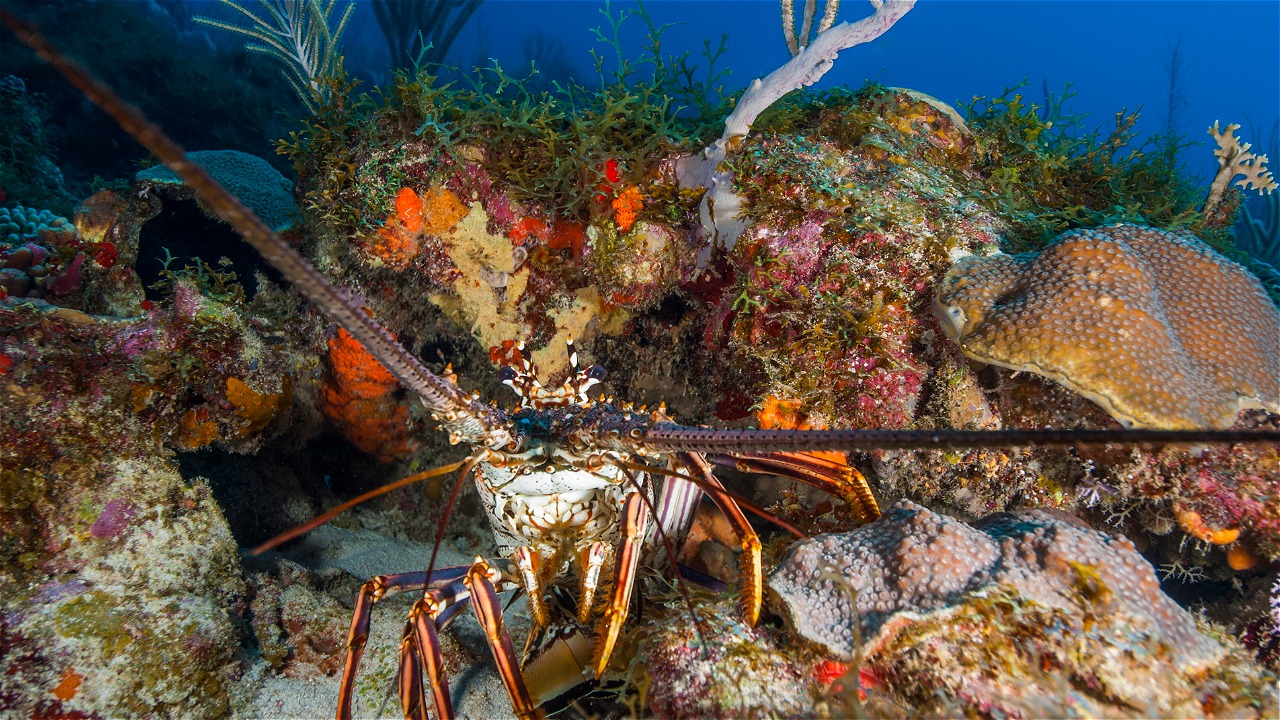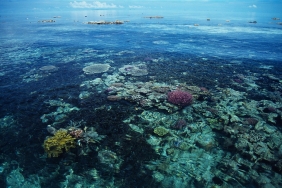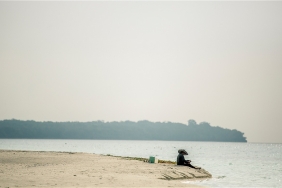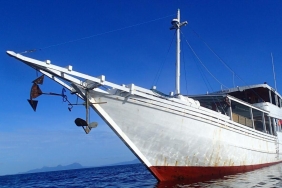PUBLICATION OF PROCEEDINGS OF THE 2017 CRUSTACEAN NATIONAL SYMPOSIUM: "TOWARDS SUSTAINABLE CRUSTACEAN FISHERIES MANAGEMENT IN INDONESIA"
By: Faridz R. Fachri (Capture Fisheries Officer, WWF-Indonesia)
The 2017 Crustacean National Symposium was held on May 15-16, 2017 at the Mina Bahari IV Building of the Ministry of Marine Affairs and Fisheries, Jakarta. With the cooperation of several parties, among others: Fisheries Research Center (Pusriskan) with the National Commission for Fish Resources Assessment (Komnas Kajiskan), Bogor Agricultural University (IPB), TAKA Foundation and WWF-Indonesia, the symposium was attended by various agencies involved in the assessment and management of crustacean fisheries in Indonesia, ranging from government, researchers, academics, practitioners and environmentalists. The organization of the 2017 Crustacean National Symposium aims to present the results of the latest research and scientific studies related to the fisheries (capture) of economically important crustaceans for consumption which include shrimp, mud crab, lobster, king crab, mantis shrimp, and fan shrimp resources in Indonesia. This activity also discusses policy recommendations and management of crustacean capture fisheries in Indonesia.
The 2017 National Crustacean Symposium also produced six symposium outcomes related to strategies for sustainable crustacean fisheries management in Indonesia, namely: 1) assessing the status of crustacean stocks; 2) monitoring and evaluating the implementation of the results of crustacean stock assessments and their application in crustacean management; 3) completing Fisheries Management Plans in existing Fisheries Management Areas in accordance with Law No. 31 of 2004 Article 7; 4) completing Fisheries Management Plans in existing Fisheries Management Areas in accordance with Law No. 31 of 2004 Article 7. 31 Year 2004 Article 7; 4) introducing, developing and implementing fisheries management with an ecosystem approach (EAFM); 5) developing research on the application of ecolabel certification in assessing stock status, impacts on fisheries and the environment, and criteria for fisheries and crustacean management systems, and; 6) strengthening small-scale crustacean fisheries management institutions to overcome fisheries governance problems, especially crab, mud crab, and lobster.
A total of 44 out of 59 selected scientific papers were presented in accordance with the three main themes determined by the committee and were assessed and edited both in substance and systematics by a team of experts chaired by Prof. Ali Suman, with members: Prof. Dr. Ngurah N. Wiadnyana, DEA, Prof. Dr. Sonny Koeshendrajana, M.Sc., Drs. Bambang Sumiono, M.Si., Ir. Duto Nugroho, M.Si., Dr. Umi Muawanah, Dr. Andin Taryoto, and Muhammad Yusuf, M.Si. The scientific papers resulting from the 2017 Crustacean Symposium activities are summarized in a proceeding which has also passed the editing process by a team of experts.
After going through post-symposium selection, there are several scientific papers that are eligible for publication in scientific articles, including: 8 titles submit in the Indonesian Fisheries Research Journal (JPPI), 7 titles submit in the Indonesian Fisheries Policy Journal (JKPI), 9 titles submit in BAWAL Widya Capture Fisheries Research, and 1 title submit in the Marine Journal (JK), and 34 titles process in the proceedings. Of these 34 titles, only 22 titles can be published. Proceedings published by the Ministry of Maritime Affairs and Fisheries, through Pusriskan - Marine and Fisheries Human Resources Research Agency (BRSDM KP) in 2017 (ISBN 978-979-789-054-4). Download Full PDF of 2017 Crustacean Symposium Proceedings
Hopefully the organization of the 2017 Crustacean National Symposium and the publication of the 2017 Crustacean National Symposium Proceedings can provide benefits in the development of crustacean capture fisheries in Indonesia. WWF-Indonesia also hopes that this symposium on crustacean fisheries can be conducted regularly so that scientific data and information on crustaceans can be continuously updated in supporting efforts to improve fisheries management in Indonesia.





